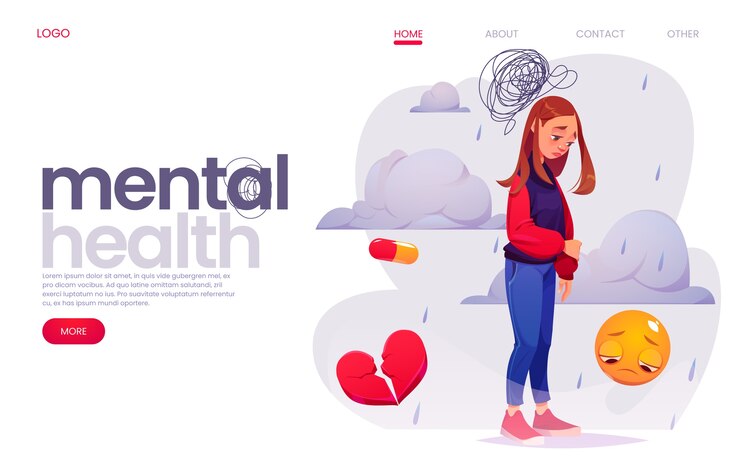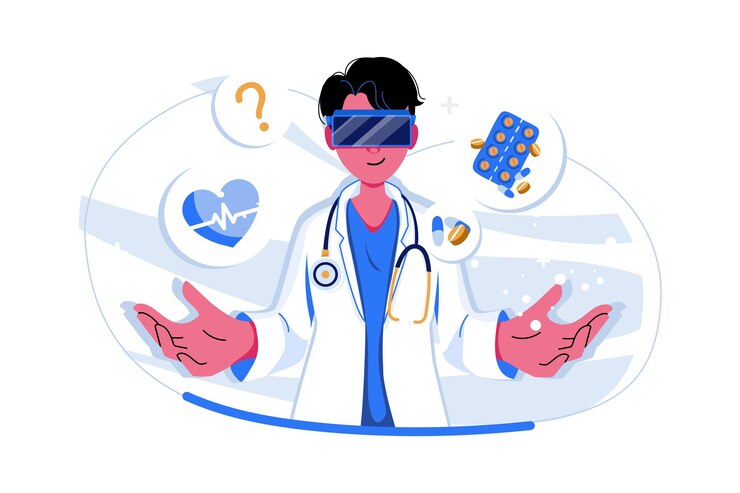How Medical Typist Services Are Transforming Patient Record-Keeping
Medical transcriptionist services, often overlooked, play a crucial role in the healthcare sector. They bridge the gap between raw medical data and structured, accessible patient records. This article delves into how these services are revolutionising how patient records are maintained, making them more efficient, accurate, and user-friendly. This transformation is about technology and enhancing the healthcare delivery system. By ensuring data integrity and accessibility, a Medical typist supports the critical mission of healthcare providers to offer top-notch care.
The Shift to Digital Documentation: A Game Changer
Gone are the days when paper-based systems bogged down healthcare documentation. Today, the transition to digital records marks a significant shift in how information is processed and stored. Medical typists are at the forefront of this transformation. By converting verbal or handwritten notes into digital formats, they ensure that patient data is not only more accessible but also more secure and easier to manage. This digital leap has streamlined workflows within medical facilities, allowing healthcare providers to access patient information quickly and efficiently.
The move to digital formats has also enabled easier sharing and updating of patient records, further improving care coordination. Additionally, this shift to digital documentation supports environmental sustainability by reducing the need for paper, thus contributing to eco-friendly practices in healthcare. Additionally, it opens the door for the integration of cutting-edge technologies like machine learning and artificial intelligence, which may improve data analytics and management in the healthcare
Enhancing Accuracy and Reducing Errors
Accuracy in medical records is non-negotiable. A slight error can lead to misdiagnosis or improper treatment. Professionals in this field are trained to understand medical terminology and nuances, which allows them to transcribe information accurately. By doing so, they play a pivotal role in reducing errors that can arise from misinterpretation or illegible handwriting.
Their expertise ensures that patient records accurately reflect their medical history and current condition. Furthermore, their role in mitigating errors contributes significantly to patient safety, reinforcing trust in healthcare systems. Additionally, their meticulous attention to detail aids in maintaining the continuity of care, as accurate records are crucial for ongoing patient management and treatment planning.
The Impact on Patient Care and Confidentiality
The accuracy and efficiency provided by these transcription services directly impact patient care. Quick access to detailed and accurate patient records enables healthcare professionals to make informed decisions, leading to better patient outcomes. Moreover, as custodians of sensitive information, medical transcriptionists adhere to strict confidentiality protocols, ensuring that patient data is secure and disclosed only to authorised personnel.
This commitment to privacy is paramount in building trust between patients and healthcare providers. The role of medical transcriptionist thus extends beyond mere record-keeping to being integral in safeguarding patient privacy and enhancing the quality of care.
Streamlining Administrative Workflows
Another key benefit is the reduction in administrative burden on healthcare professionals. By taking over the time-consuming task of documentation, medical transcriptionists allow doctors and nurses to focus more on patient care rather than paperwork. This improves the efficiency of healthcare services and enhances the overall patient experience, as healthcare professionals may spend more time interacting with and caring for patients.
Moreover, this efficiency in documentation leads to cost savings for healthcare facilities, as it reduces the need for additional administrative staff and minimises the risks of documentation-related errors.
Conclusion
In conclusion, Medical typist services are more than just a background support function; they are crucial in modern healthcare systems. Their role in transforming patient record keeping has led to improved accuracy, efficiency, and security in patient data management, ultimately enhancing the quality of patient care. These services’ significance will only increase as the healthcare sector develops, confirming their status as an essential component of the healthcare delivery process.
ALSO READ: The Ultimate Guide to RubMD: Revolutionizing Healthcare







